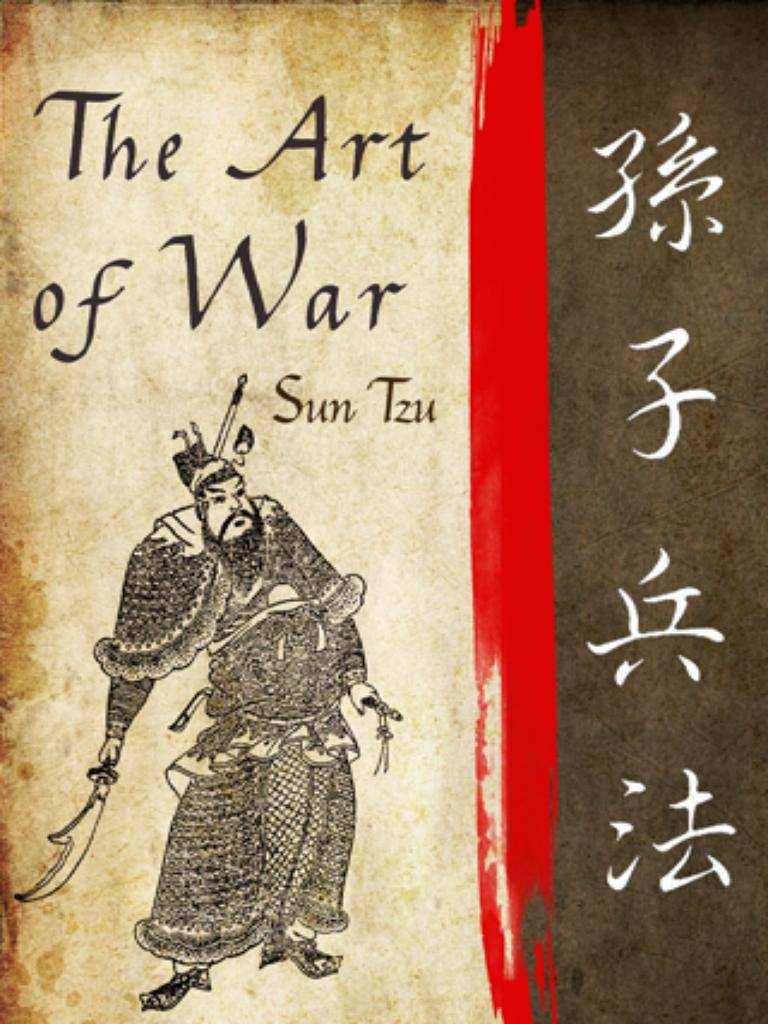7 Literary Masterpieces That Are Very Short But Will Stick With You For A Lifetime
These books may have been small, but they packed a big punch! All seven of these books have fewer than 100 pages, but are not lacking at all in the substance department.Â

Dr. Seuss brought a level of creativity and whimsy that had never before been seen in children's literature. He created an entire other world with his books and got kids everywhere wanting to read (even if there were a few words that couldn't be found in an Oxford dictionary). The Cat in the Hat was the book that put Dr. Seuss on the map, and despite its small stature, it changed children's literature forever.Â

This small book created an ENORMOUS movement. Karl Marx is credited with spreading the ideals that were at the foundation of both the Communist and Socialist movements, and this book was the piece of literature that encompassed all of these ideals, and change the world thereafter. The rise of the proletariat was due largely to these 54 pages. Â

If you're expecting a pro-violence book promoting brutal military practices, you've found the wrong book. The Art of War is much more about analyzing the mindset of your enemy, and the more metaphysical strategies of combat. It has influenced people in the military, but also businesspeople and lawyers who find value in the mental strategies outlined in the book.Â

The political movements inspired by The Prince may have been absolutely horrible and terrifying, but it doesn't change the fact that the book was incredibly influential. The book's primary theme, that a ruler's priority needed to be building a strong state no matter what, and with NO exceptions, was something that inspired the likes of Hitler, Mussolini and Stalin. Stalin actually wrote a ton of notes in his copy of the book, he was so inspired...yikes!

If you have ever taken an English class, or any writing class with a basis in the English language, you have most certainly read this book. This surprisingly witty and extremely insightful book has become Canon for English textual studies enthusiasts everywhere.Â

Thoreau's ideas are ones that still echo pretty loudly in today's society: If laws are inherently evil, you should not follow them. If the government is asking you to do unethical things, or is failing you in any way, don't pay taxes towards it. His guide to fighting the power that beats wasn't truly appreciated until after his lifetime when Gandhi began quoting it.Â

When throwing around names of people most responsible for The Revolutionary War, Thomas Paine ought to be mentioned in the same breath as Benjamin Franklin, George Washington and Alexander Hamilton. This pamphlet preached against the unethical practices of King George's rule, and royal monarchs in general. It championed independence and was incredibly inspirational to revolutionaries at the time.Â
